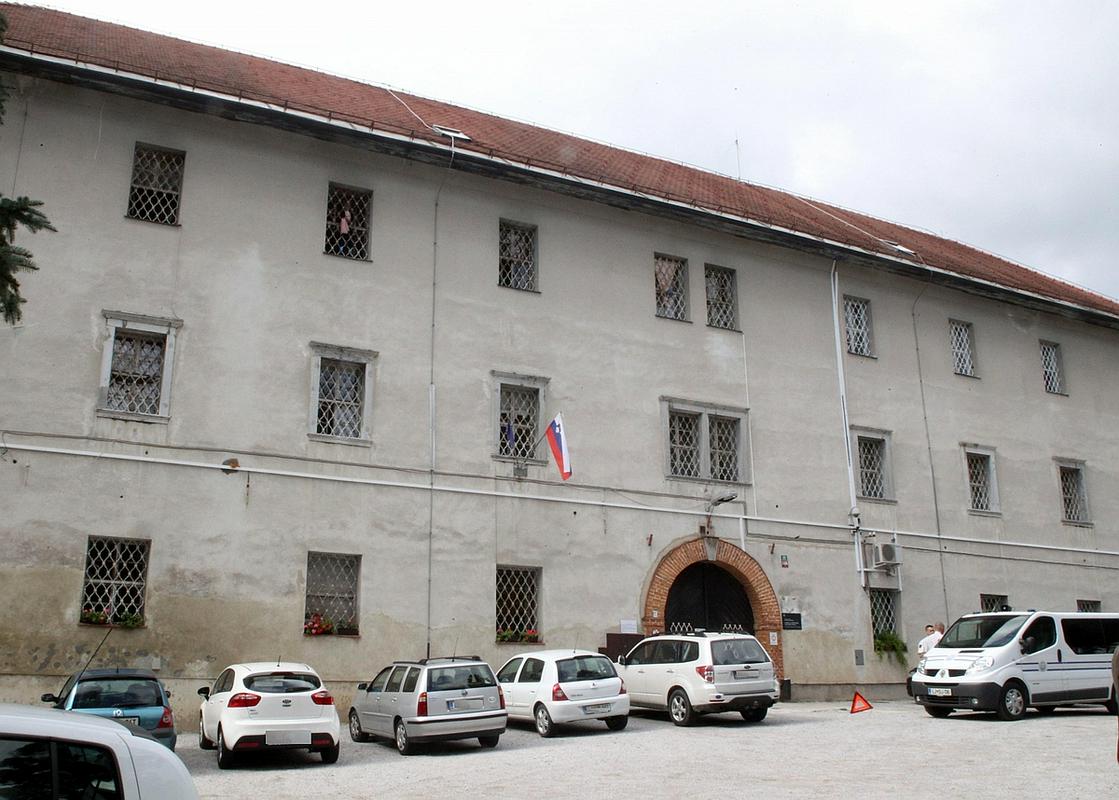“We have no good explanation as to why this is, but we assume it’s because the role of women in society is changing. As they assume more and more responsibility, women put themselves into risky situations, especially in the world of business, so it’s understandable that they increasingly turn to deviant behaviour,” said Podržaj at a press conference on Wednesday.
The women’s prison in Ig has been recently renovated and expanded from 86 to 103 beds. “Due to the aforementioned increase in the number of female inmates, the women’s prison in Ig is overcrowded. However, the expansion is only a temporary solution,” said Podržaj.
He added that URSIKS has been trying to predict future trends, but this has turned out to be difficult.
“Predicting trends five years in advance is practically impossible. The fact is that there’s been an increase in the number of female inmates, but we don’t expect this trend to continue,” said Podržaj, adding that URSIKS has been looking into alternative forms of imprisonment in a bid to relieve overcrowded prisons.
There will be no women’s prison in Bizovik
There were plans to build a new prison in Bizovik (near Ljubljana) that would replace the women’s prison in Ig and the men’s prison on Povšetova Street. The men’s section of the prison was to accommodate 388 inmates, while the women’s section was to accommodate 165 inmates. However, Podržaj said that these plans have been scrapped: “We’ve been busy working on a new solution. Plans are afoot to build a new prison in Dobrunje (near the Ljubljana Ring) and to expand the women’s prison in Ig to a total of 140 beds.” The timeline remains unchanged – construction works are scheduled to begin in 2018, with an expected completion in 2020 or 2021.
Pregnant women and mothers behind bars
Podržaj has also talked about a pregnant woman suspected of killing one of her daughters. She is currently being detained in Ig, and her baby is due in March. “The current law only applies to prisoners. An amendment to the law on the rights of detainees is still being drafted. It won’t be passed before the woman’s baby is born, so she will probably be treated as a prisoner,” said Podržaj, stressing that this is nothing new for them.
“Between 2010 and 2016, 27 pregnant women were serving time in Ig. Most of them had their sentences suspended, but in some cases that was not a feasible option. Therefore, a total of five children lived with their mothers in prison,” said Podržaj. A child can stay with his or her mother for up to one year. This can be extended by two years if it is determined that a separation could have a negative impact on the child.
2016 in numbers
In 2016, the number of inmates in Slovenian prisons declined by six percent. On 22 February, there were 1,387 persons in Slovenian prisons.
No-one escaped from Slovenian prisons in 2016. Moreover, no-one committed suicide in Slovenian prisons in 2016, but three people died of natural causes. Officers rarely resorted to means of coercion, but more dangerous objects were found in prisons in 2016 than in 2015. The share of foreign nationals among the prison population has also risen; it now stands at 14 percent.
Tina Hacler; translated by D. V.


































































